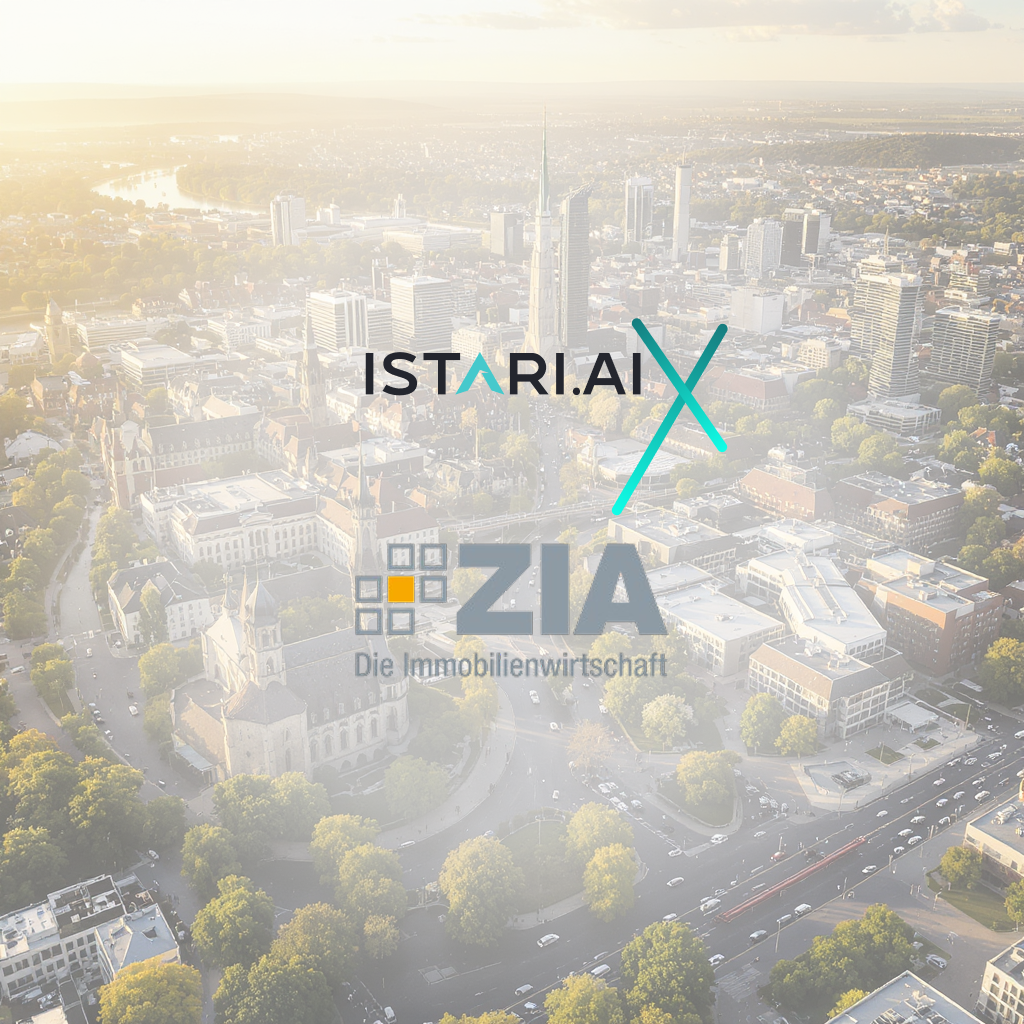ISTARI enabled the German Property Federation (ZIA) to track pandemic effects on real estate firms by analyzing website content. Using AI and multilingual keyword lists, we categorized companies by COVID-19 response (adaptation, challenges, etc.), saving hundreds of hours in manual research.

Manual tracking of pandemic effects lacked efficiency and scalability
The German Property Federation (ZIA) needed a systematic way to understand COVID-19’s impact on real estate companies, including trends like remote work shifts, financial challenges, and adaptive business models. Manually analyzing thousands of websites for pandemic-related content was impractical, time-consuming, and prone to oversight. Without automated tools, timely insights for policy and sector support were nearly impossible.
AI-powered COVID-19 response categorization
Identifying the effects of the COVID-19 pandemic on the real estate sector in Germany is crucial to make good, data-driven decisions. In the first phase of the company profiling, we identified all relevant real estate firms operating in Germany. After gathering their information and domains, we used our proprietary webAI technology to scrape and analyze the website content. To draw conclusions about the effect of the COVID-19 pandemic on real estate companies, we created a keyword list for the topic of COVID in German and English. Using a transfer learning model, we then analyzed how the companies deal with COVID and sorted the companies in different categories: adaption, problem, no problems, information and not clear.
Real-time insights and ongoing sector monitoring
The ZIA received a structured dataset detailing how companies across Germany responded to the pandemic. The analysis revealed how many firms actively adjusted their business practices during COVID-19, such as adopting digital tenant communication or implementing hygiene protocols, while also highlighting which companies experienced notable challenges and required support. The dataset also allowed the identification of regional discrepancies in how firms adapted to pandemic conditions. Importantly, ISTARI’s solution provided a scalable framework for regular updates, enabling ZIA to track ongoing developments such as vaccination policy changes or supply chain disruptions. In total, the project saved more than 500 hours of manual research effort and empowered the ZIA with up-to-date, data-driven insights to support real estate stakeholders across Germany.